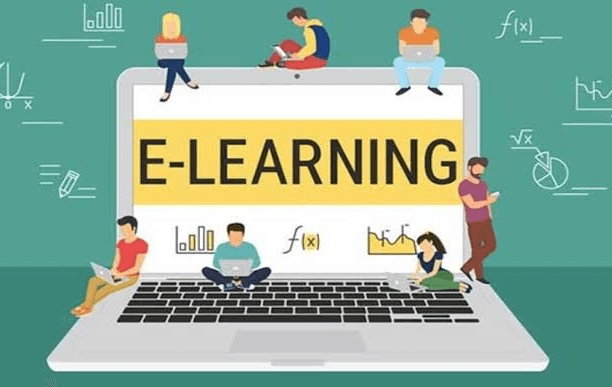Flexible Online Learning Services for Convenient Education

The evolution of flexible online learning services marks a significant shift in the educational landscape, offering unprecedented convenience and accessibility tailored to the diverse needs of learners. Asynchronous classes, self-paced courses, and mobile access enable students to engage with their studies in a manner that fits their individual lifestyles and commitments. However, while these options present numerous advantages, they also introduce unique challenges that require careful consideration. What are the implications of this shift for traditional educational frameworks, and how can both educators and learners effectively navigate the complexities of this new paradigm?
Benefits of Online Learning
Online learning offers a transformative approach to education, reshaping how individuals acquire knowledge and skills in today’s digital landscape.
Its cost effectiveness allows learners to access quality resources without financial strain, while personalized learning caters to individual needs, fostering autonomy.
This adaptability not only enhances engagement but also empowers learners to pursue their educational goals in a flexible environment, promoting lifelong development.
Popular Online Learning Platforms
With the rapid evolution of digital education, numerous online learning platforms have emerged, each offering unique features tailored to diverse learning needs.
Coursera courses provide university-level content, while Udemy certificates cater to practical skills. edX programs emphasize academic rigor, and LinkedIn Learning seamlessly integrates professional development.
Together, these platforms empower learners to customize their educational journeys, fostering a culture of freedom and personal growth.
Types of Flexible Learning Options
A diverse array of flexible learning options has emerged to accommodate the varied needs of today’s learners.
Asynchronous learning allows for individual pacing, while blended learning combines face-to-face interaction with online resources.
Self-paced courses empower learners to navigate their educational journey, and microlearning modules deliver information in digestible segments.
Additionally, mobile learning enhances accessibility, enabling education anytime and anywhere.
Tips for Successful Online Education
Success in online education hinges on a proactive approach to learning, as students must navigate a landscape that often lacks the immediate support found in traditional classroom settings.
Mastering time management is essential, allowing learners to balance coursework with personal commitments.
Furthermore, active participation in discussions and group projects fosters deeper understanding and connection, ultimately enhancing the educational experience and empowering students to thrive in their academic journey.
Conclusion
In conclusion, flexible online learning services represent a transformative approach to education, addressing the diverse needs of learners. While critics may argue that online education lacks the rigor of traditional classrooms, the integration of interactive technologies and personalized learning experiences effectively bridges this gap. With a wide array of resources and support mechanisms, these platforms ensure that academic integrity and quality are upheld, ultimately empowering individuals to pursue their educational aspirations without compromising their personal and professional commitments.
